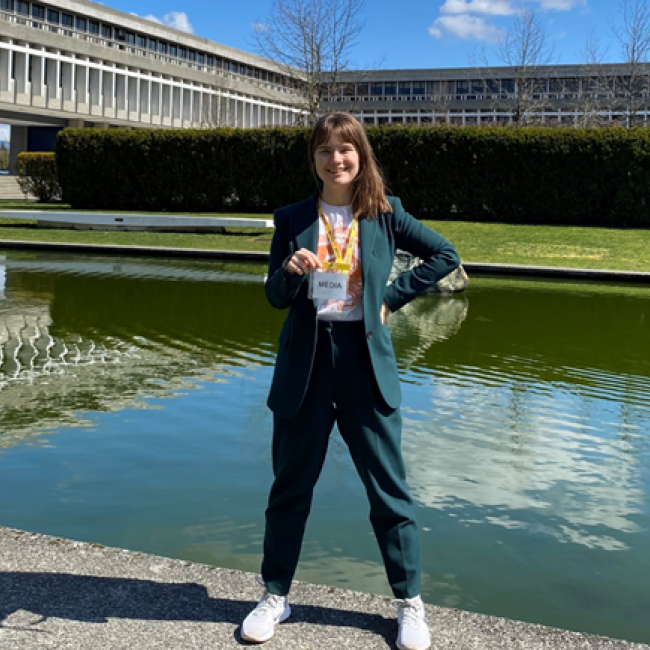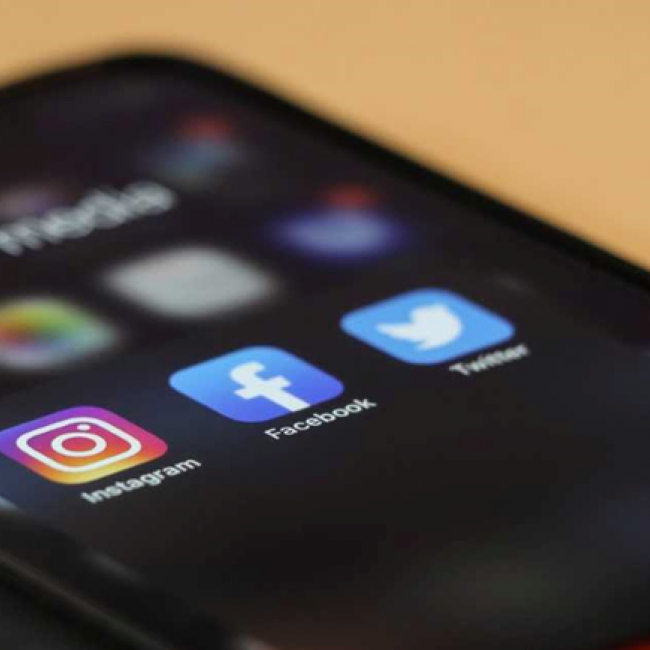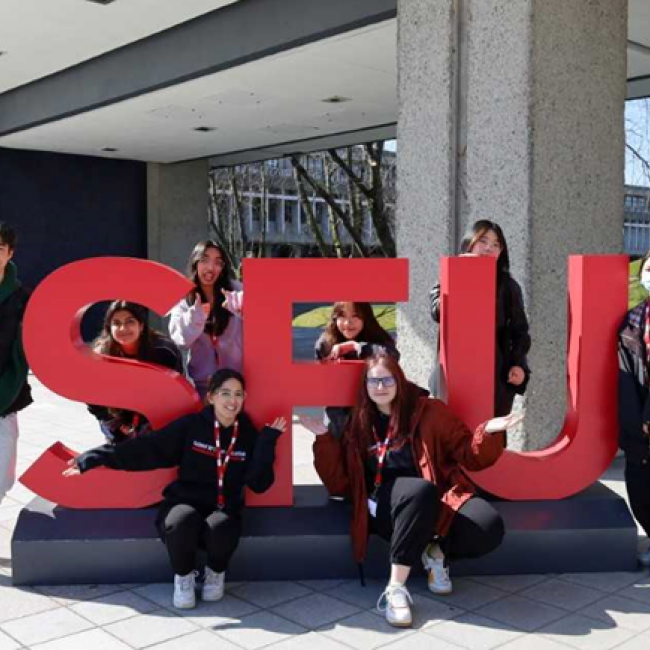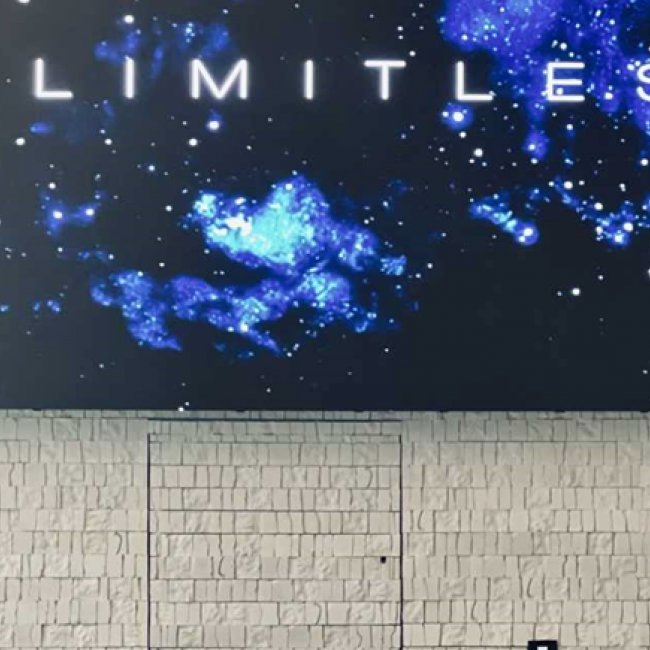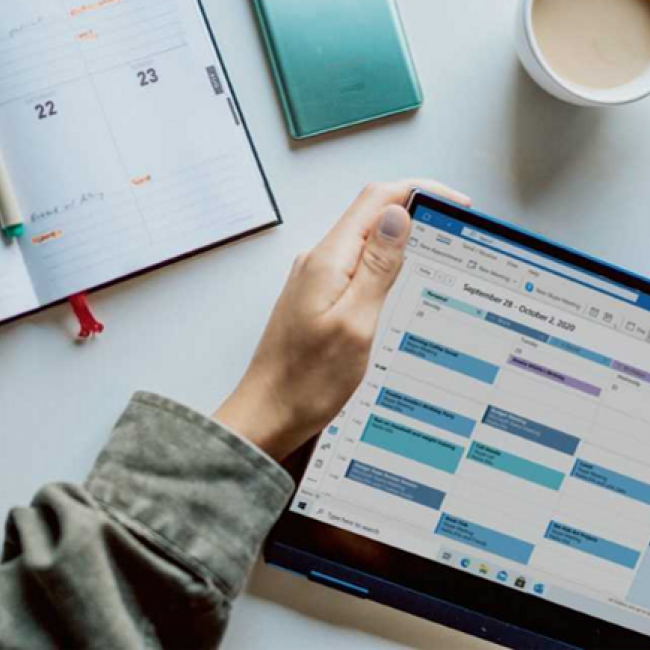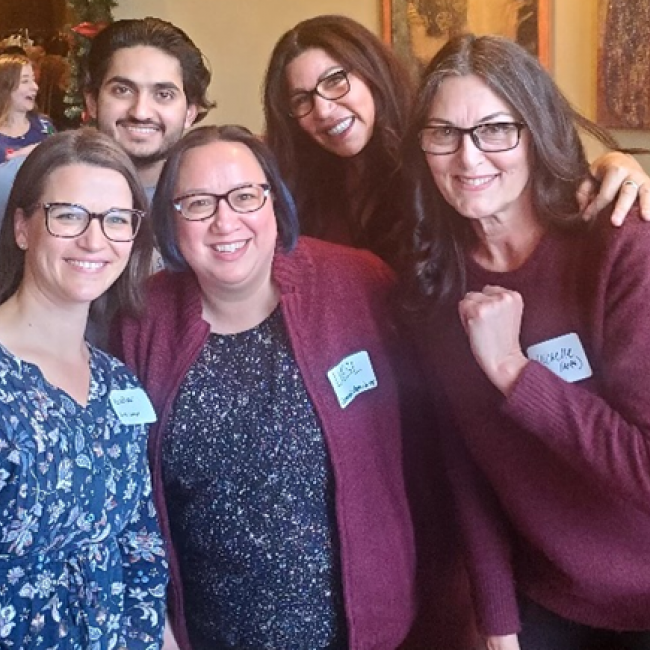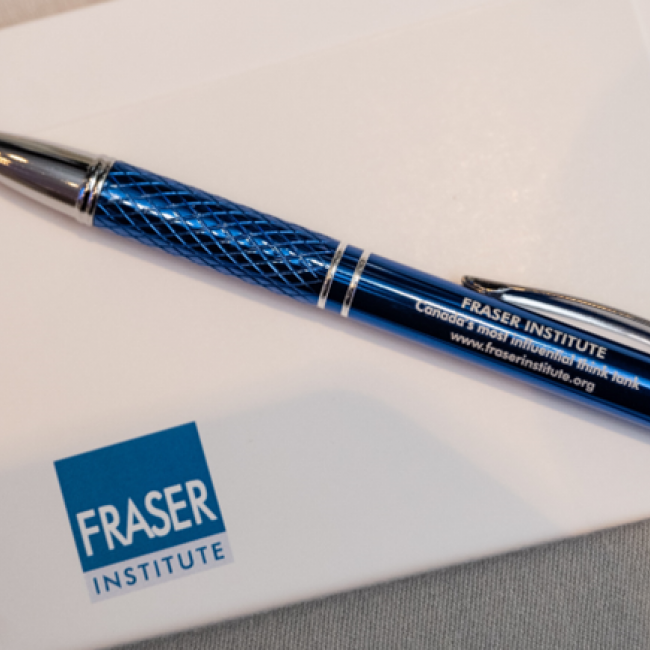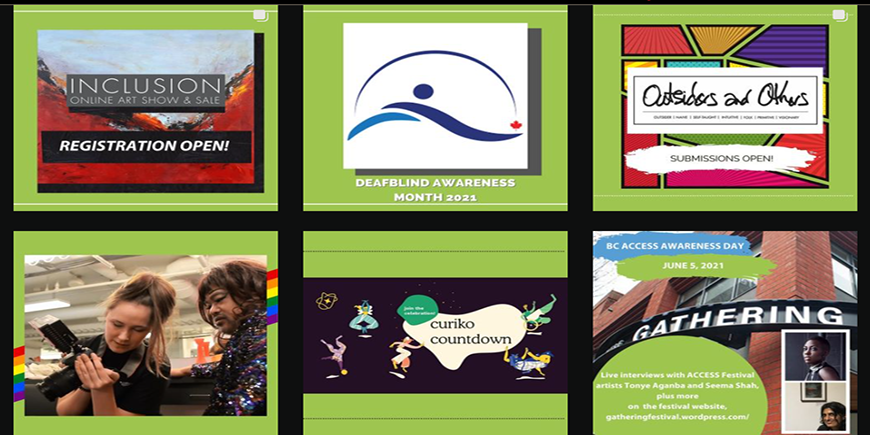
Needless to say, as I’m writing this, I’m a student at SFU. On top of that, though, I’m a freelance creative. I do a bit of everything: writing, music, performance, design… you name it, I’ve at least given it a shot.
Early on, I figured out how to balance my work with my course load. I set aside time for school, and kept it separate from the time I spent on my art. It became a pretty balanced, equal relationship. After all, one or two three-hour courses in a day? That’s easy enough to plan around.
But as my first Co-op work term approached, I got nervous. This was more than a handful of courses. This was a real, physical nine-to-five job where I would spend most of my waking hours either in an office or getting to and from said office.
I was terrified, frankly, that I would have to stop creating if I wanted to pursue full-time work. I was emotionally preparing myself to put everything on hold.
Except a part of me wondered, could I make this work? I mean, if I could balance my full-time Co-op and my freelance work, that’d work wonders in my post-university future. I could have a day job, and keep doing what I loved.
Here’s how I pulled it off.
It’s definitely not for everyone, but using an agenda kept my head above the water for my months of Co-op. I had one specifically for work, and one for things I focused on after-hours. Personally, I use a checklist-style formula: write down everything that has to get done, and scratch things out as they’re accomplished. No rigid times for anything, just the promise that it all gets done before I go to bed. It kept me grounded in the office, giving me a path so I wasn’t constantly asking my supervisors for more work. It also helped when I got home, giving me just the right amount of things to do before I could relax for the day.
While I’m all for keeping checklists, I don’t feel like they should totally define your routine. Again, I wasn’t very rigid with when things got done. After all, working full-time means you have to be creative about when and how you give time and energy to side projects. After all, those are two very finite resources!
For me, being flexible often looked like taking advantage of spare time wherever I could, such as on transit. Sure, I could squeeze in work during my lunch break, but that was best enjoyed as a time where I, well, ate. I’d make exceptions for the occasional call or email, but for the most part, that was time off the clock. Transit, meanwhile, I saw as fair game. I’d travel about an hour each way, which left me plenty of time to tune into Zoom calls (albeit without talking), work on writing, or talk to collaborators. And if I wasn’t in the mood, I could just do it when I got home!
This is a tip I heard in my first creative mentorship, but I think it especially applies when you’re working a Co-op term.
Whatever your practice is, setting a minimum amount of daily work keeps you from falling into a slump. The example they gave was 100 words a day, and that’s one I’ve stuck to. After all, as a writer, 100 words a day is barely five minutes of work; even on my worst days, I can do 100 words. Besides that, it adds up surprisingly quickly: in less than two weeks, you get a thousand words. And the fun thing about a minimum is, on the days when you have energy, you can write so much more!
And again, the daily minimum concept can be easily translated to other mediums. For example, when I’m working on music or even design, one thing I do is set a timer for a certain stretch of time, and work until it’s done.
When I was coming home from work already pretty tired, knowing I had only a minimum amount of work to strive for made things a heck of a lot easier.
Yes, this one is a bit plain, but I cannot overstate the importance of a good diet and sleep schedule. Jury’s out on if I’ll stick to it once I don’t have an 8:30 shift start, but it’s helped me out plenty in the meantime. When you’re working both a full-time job and some gigs on the side, your body needs the energy. That means sleeping at a reasonable hour, and it means eating your three meals a day, and trying to make them at least somewhat nourishing. Your future self will thank you, because it’ll save you from passing out at your desk! (Yes, this has nearly happened to me. Whoops!)
Last but certainly not least, you have to take care of your mind on top of your body. I know I just listed a bunch of little habits I’ve come up with to keep myself working, but sometimes, your brain just needs a break. Work or your personal life can be a stressor, and it’s okay to step back. You can say “no” to a gig, or ask for an extension, or take a day off. None of these are the end of the world, and sometimes they’re necessary. If after work, you just want to cozy up with Netflix or take a well-earned nap, that’s totally fine! You’re only human, after all. Pushing yourself too far will just lead to burnout, which is something nobody wants.
Overall, I hope at least one of these tips resonates with you. They’re pretty broad but keeping them fulfilled helped me survive Co-op with my creative practices intact. I actually had a lot of fun, writing for blogs and newsletters on top of my regular workload, and honing my creative skills in things like design and promotion. I hope you can see that in all the posts I made on the organization’s Instagram. It was a Co-op I really resonated with, and that helped me realize that it was possible to work there and continue doing what I loved on the side. When I go back to classes in the fall, I hope to keep using these skills. Here’s to every kind of success!
Beyond the Blog
Connect with Alex on LinkedIn.









